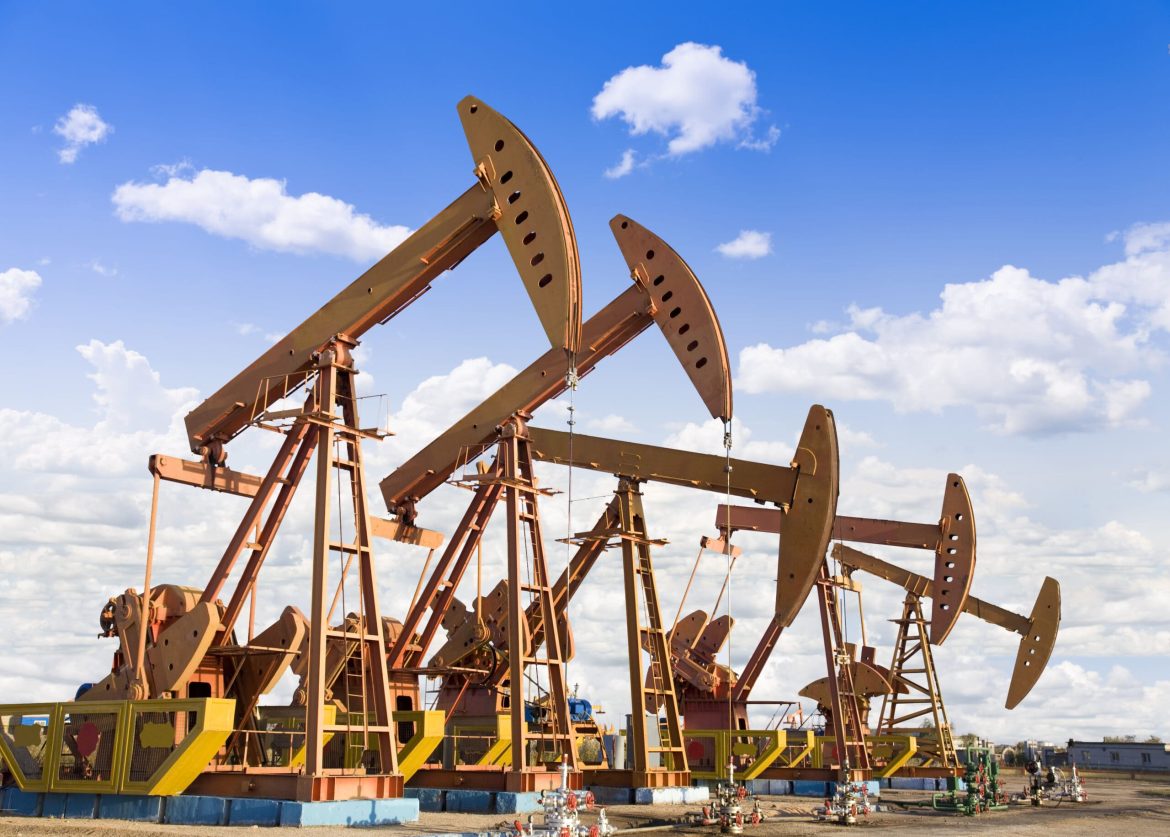Uganda has suspended all operations at the Kingfisher oilfield, a major project run by the Chinese state-owned CNOOC, following a fatal accident on October 6. The Petroleum Authority of Uganda (PAU) said the incident was unacceptable and ordered CNOOC to stop all activities until further notice.
The Kingfisher oilfield is part of a $10 billion scheme to develop Uganda’s oil reserves under Lake Albert in the west of the country and build a 1,400km pipeline to export the crude oil to Tanzania’s port of Tanga. The project has faced criticism from environmentalists and human rights groups, who say it poses serious risks to the region’s biodiversity, ecosystems, and livelihoods.
The accident that triggered the suspension involved a truck that crushed a security guard at the gate of one of the contractor’s camps in Buhuka, Kyangwali sub-county in Kikuube District. The PAU said this was the latest in a series of safety incidents it had previously warned CNOOC about.
The PAU met with the joint venture partners, CNOOC, TotalEnergies, and Uganda National Oil Company, on October 8 to review the situation and provide guidance for the future of the oilfield operations. The PAU said it expected the suspension to be short-lived and not affect the target of starting oil production in 2025.
The Kingfisher project is expected to produce 40,000 barrels of oil per day at peak, while the Tilenga project, operated by France’s TotalEnergies, is expected to produce 190,000 barrels daily. Uganda’s crude reserves are estimated at 6.5 billion barrels, of which 1.4 billion are recoverable.
The oil projects have also faced international pressure from investors and lenders who have expressed concerns about the pipeline’s climate impact and social implications. More than half of the banks that have historically financed Total have ruled out backing the project and at least five insurers. The European Commission has also said it does not support the financing of oil projects in Africa.
The Ugandan government and its partners have defended the project as a major economic development and regional cooperation opportunity. They have also claimed to have taken measures to protect the environment and compensate the affected communities.
However, some activists and experts have questioned the viability and sustainability of the project, especially in light of the global transition to cleaner energy sources. They have also called for more transparency and accountability in managing the oil revenues and resources.
Source: Business Insider Africa



